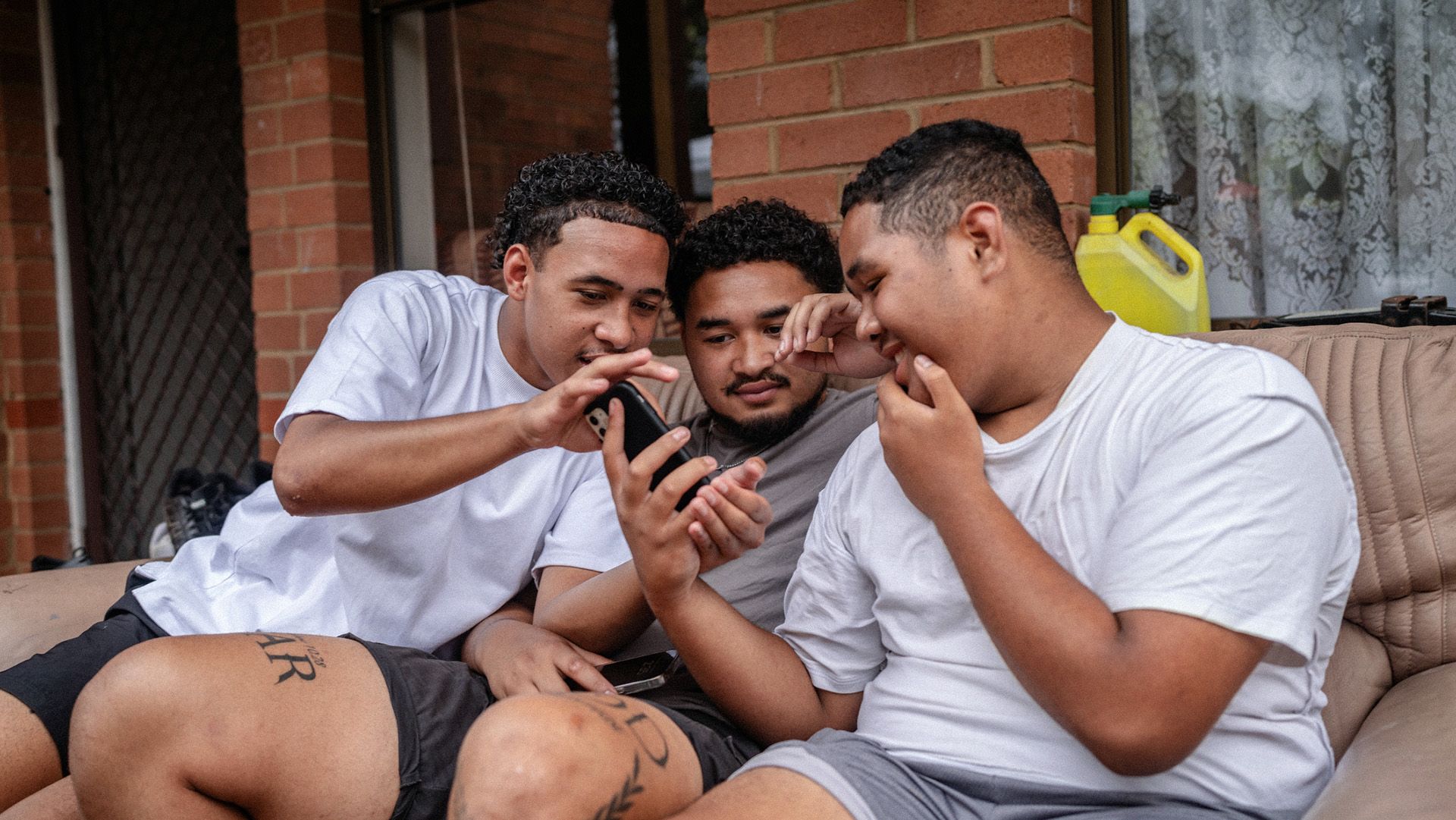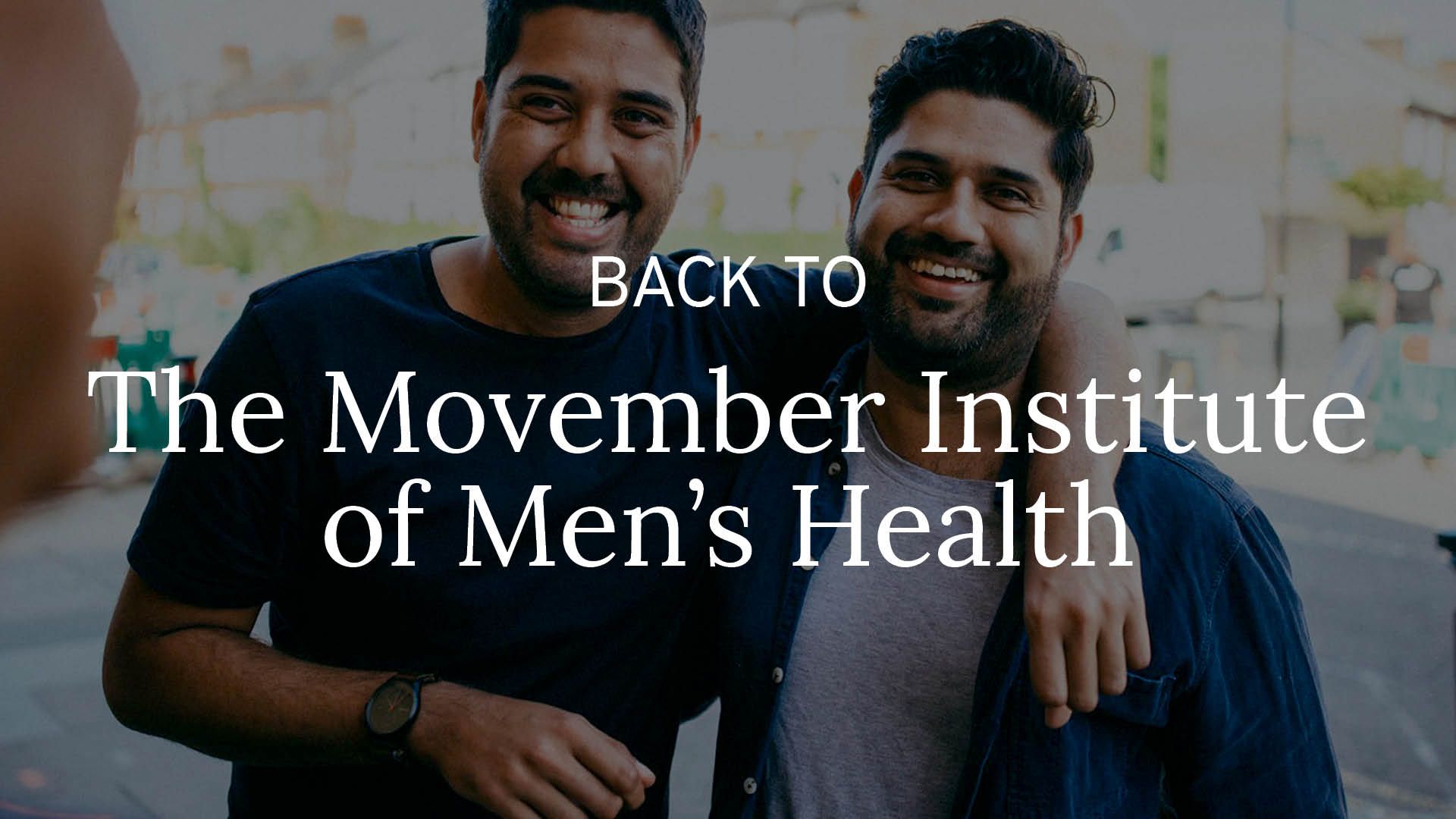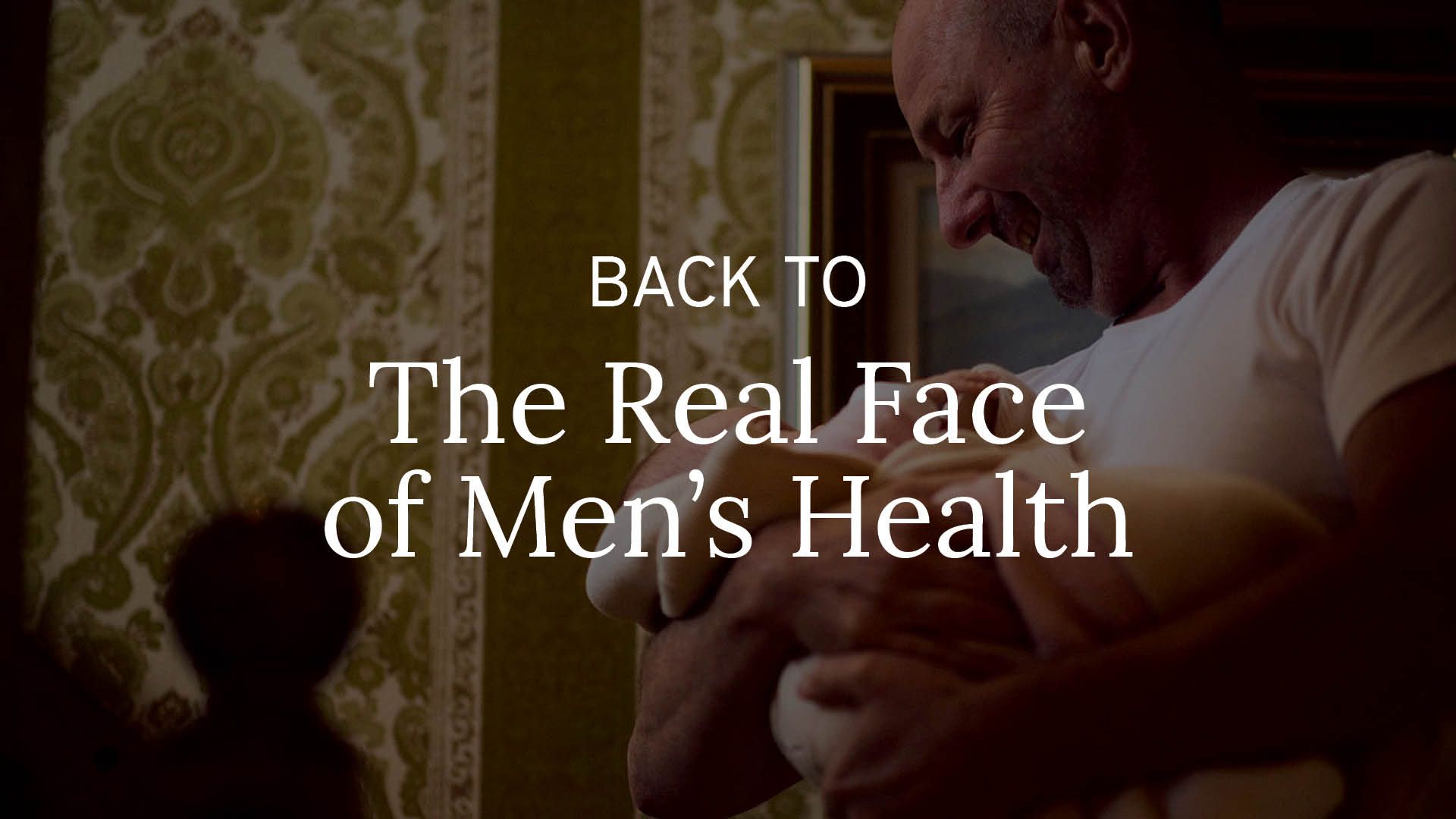What influencers can teach us about reaching young men
By Sarah Sternberg, Global Director of the Movember Institute’s Reimagining Masculinities Initiative
Back in 2010, while working on my master’s degree in gender studies, I found myself fascinated by men's bodybuilding. What drew people to this subculture? What expressions of masculinity were happening at the gym and in the competition? And what made other men follow along? At the time, I never imagined that my academic interest in masculinity would have any bearing on my future career, or that it would become so mainstream. Yet, here we are. Fast forward to 2025, and I can confidently say that bodybuilding content has become a central part of the online experience for young men.
There is no denying that society plays a significant role in challenging and redefining our views of gender. But today, young men are exposed to a relentless stream of channels, content, messages, and messengers. Social media platforms have become battlegrounds for young men trying to navigate their identities, and influencers (both prominent and lesser-known) have emerged as key figures guiding them. Add a few extremely-intelligent social media algorithms into the mix, which are designed to keep young men glued to their screens, and it’s safe to say that there has never been a greater potential to influence young men, en masse, in human history.

The rise of masculinity influencers: Meeting the unmet needs of young men
On any given day, social media platforms are overflowing with masculinity influencers promising young men the path to success: get fit, make money, be a leader, ‘level up.’ The content is compelling, often answering questions that have plagued teenage boys for decades: How do I get a girlfriend? How do I succeed financially? How do I become a better, stronger man? Of course, there is nothing inherently wrong or bad about wanting to make money through cryptocurrency or learning how to kickbox. But what if the content these young men are absorbing leads to risky health behaviours, like taking anabolic steroids or working out while injured, which may risk further damage? Or what if it drastically influences their attitudes toward women and relationships?
We recently connected with over 3,000 young men across the UK, the US, and Australia to explore how influencer content impacts their behaviour, health, relationships, and worldviews. What we found was striking: young men who regularly engage with masculinity-focused content were more likely to experience mental health challenges and to engage in risky health behaviours. These young men also tended to believe that feminism was being used to ‘keep men down’ and that women didn’t really care about men.
However, there were also notable positives. Young men who regularly followed this content reported feeling more hopeful and optimistic about their futures, suggesting that the content provided them with a sense of direction and purpose. This dual impact – positive and negative – shows the complexity of the issue and the need for nuanced solutions, including the importance of listening to the voices of young men themselves.

The future is not set in stone
Despite the challenges, I remain hopeful. Why? Because the very platforms these influencers use are also available to everyone. And because young men themselves are more engaged and reflective than we often give them credit for. Too often, young men are portrayed in the media as either villains or victims. But the truth is, many of these young men are simply grappling with deep questions about their place in the world, making them more vulnerable and susceptible to cleverly delivered narratives that promise solutions. What is clear is that they are thinking deeply and engaging widely – and this presents a powerful opportunity to reach them.
Reimagining masculinity in 2025
Our research shows that most young men are frequently engaging with content from masculinity influencers. They find it motivating and inspiring, but it often presents a narrow view of manhood. The question is: how can we provide these young men with a broader, healthier, and more flexible vision of what it means to be a man in 2025? If we want to tackle the harms young men are exposed to online, we need to be present in those spaces with them. We need to engage with them and work harder to respond to their needs, rather than trying to lecture them.
The good news is that, with the right approach, there are likely ways to mitigate the impact of this harmful content for young boys. Social media and digital platforms can be harnessed to share healthier, more inclusive messages about manhood – benefiting not only young men but also their families, friends, and the communities they are a part of.
At the end of the day, the message I want young men to hear is simple: the world is listening, and we care about what you have to say. Your voices matter in advocating for your physical and mental wellbeing, creating positive change in the lives of others, and shaping the future.

The Young Men's Health in a Digital World report
To explore the full findings and dive deeper into the voices of young men navigating this digital landscape, visit our Young Men’s Health in a Digital World report page. There, you’ll find a short film that brings the data to life through a powerful personal narrative, along with key insights and access to the full report.
The report reveals how influencer content is shaping identity, relationships, and health, and provides new perspectives to guide better support, smarter interventions, and more inclusive narratives about masculinity.
The Movember Institute
What exactly is the Movember Institute of Men’s Health?
High-quality, world-class research doesn't just guide our programme investments, it helps spark important conversations that elevate the issue of men’s health, and push governments and decision-makers into action.
Under the leadership of Professor Simon Rice, the Movember Institute of Men’s Health launched in 2023. Bringing together the brightest minds in men's health from around the world, to accelerate real-world impact – ensuring it drives meaningful change in men’s health.
The Institute has already spearheaded transformative initiatives like The Real Face of Men’s Health and a $59.5 million investment to support Indigenous men’s social and emotional wellbeing across Australia, Aotearoa, Canada, and the US. This is just the beginning, and we’re excited to share what’s next!
To learn more about the Institute and subscribe to our newsletter, head to: movember.com/movember-institute
Sarah Sternberg
Global Director of the Movember Institute’s Reimagining Masculinities Initiative
Sarah is the Director of Reimagining Masculinities at Movember. She joined in 2019 to spearhead Movember’s work on masculinities in media and holds an MSc in sociology and gender studies from London School of Economics and Political Science.


